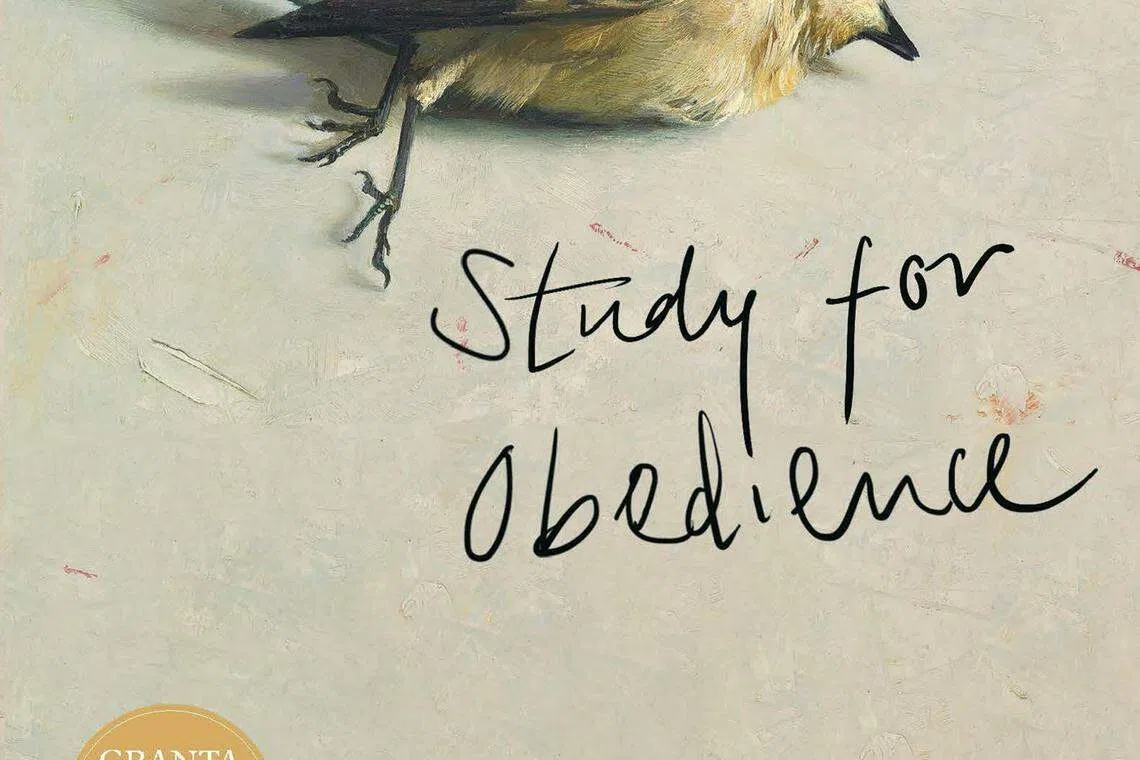Study For Obedience: An absurdist account of subjugation and complicity
Sarah Bernstein spins a complex psychological tale of a narrator who is at once dominated, yet suspiciously conscious of her own subjugation
Ilyas Salim
IN STUDY For Obedience, Sarah Bernstein carves a dark and philosophical tunnel through the inner world of an isolated woman given completely to subservience and self-repression.
This is a slim but dense novel, possessing the unsettling ambience of a folk horror film and rendered with the intensity of a psychological thriller. Its narrative and characters have been flayed almost to their abstract bones, yet what is left sags with cosmic weight.
The unnamed narrator travels to a remote town in an unnamed northern country to live in the house of her eldest brother, a respected and recently-divorced businessman.
At first, she is tasked with performing the household work. But it soon becomes clear that his expectations go beyond that – she is to attend to his every physical and intellectual need, an arrangement that she obeys with something approaching relish.
When not under her brother’s watchful eye, she wanders the countryside, and attempts to ingratiate herself with the townspeople.

But the narrative then descends into a series of foreboding happenings. In town, a herd of cows is overtaken by madness and has to be culled; a dying pregnant ewe is found entangled in a fence; a depressed sow kills its own offspring.
Navigate Asia in
a new global order
Get the insights delivered to your inbox.
The villagers soon turn hostile towards the protagonist, perhaps because she is descended from “an obscure though reviled people who had been dogged across borders and put into pits” – though the identity of her people is never spelt out.
This opaqueness runs throughout Study For Obedience, making it a challenging read. It eschews plot and dialogue, and demands careful exegesis of the motivations and meditations of a slippery and paradoxical narrator – one who seems at once utterly physically and mentally dominated by her brother and by society, but yet is spectacularly conscious of, and almost complicit in, her own subjugation.
The setting and era are intentionally kept hazy, and this, along with the abundance of natural imagery, lends an allegorical quality to the narrative. There are hints of a European setting and the narrator’s Jewish identity, but the elusive nature of these details keeps meaning just beyond reach.
Depending on how readers interpret the narrator’s musings about her place in her family and society, they may come away with their own understanding of the story: It could well be a rumination on the effects of enduring anti-Semitic prejudices. Or her complex emotions may be read as the assimilative desires of the immigrant Other. The novel could also be seen as an allegory of the internalised defeatism of a post-Me Too survivor.
Still, there is no denying the novel’s impressive feat of craftsmanship. Bernstein makes studied use of run-on sentences and measured, lyrical prose in weaving her heroine’s complex psychological profile.
The inconsistencies in the narrator’s account seem carefully constructed, leaving readers to guess at her intentions, and whether, at the close of the story, she succeeds in gaining some agency.
The novel is one of six to be shortlisted for the prestigious Booker Prize, which is due to be handed out on Nov 26.
Decoding Asia newsletter: your guide to navigating Asia in a new global order. Sign up here to get Decoding Asia newsletter. Delivered to your inbox. Free.
Copyright SPH Media. All rights reserved.



